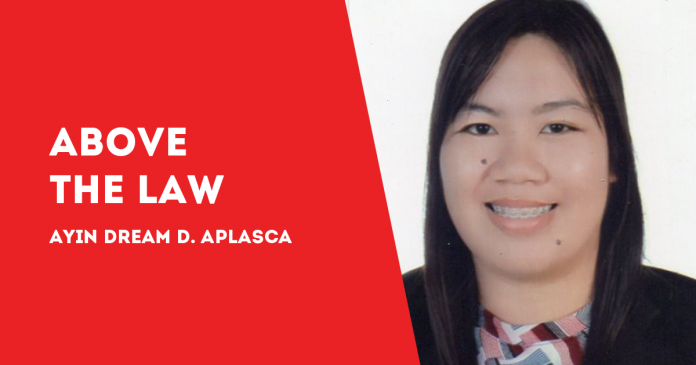
IT IS NOT new to hear that there are charges filed against human rights activists for the reason that they are being suspected as members of a rebel group.
Among those arrested is Dr. Natividad “Naty” Castro and together with her are 45 others for violation of the Philippine Act on Crimes Against International Humanitarian Law, Genocide, and Other Crimes Against Humanity and the expanded Anti-Trafficking in Persons Act of 2012.
They were linked to the Communist Party of the Philippines – New People’s Army (CPP-NPA). Dr. Naty was also accused of being the head of its health bureau.
However, this was clarified by the Philippine National Police’s information office; the arrest was the result of alleged criminal actions that constituted participation in a case of kidnapping with serious illegal detention and not because of alleged links to the communist rebel organization.
The counsel for them said the cases filed against them are likely to be dismissed. But it will take much time before they are freed. For the meantime, they will suffer in detention.
Calls are being made for their protection while in detention.
The 1987 Philippine Constitution guarantees that no person shall be deprived of life, liberty, or property without due process of law, or shall any person be denied the equal protection of the laws.
According to Section 12, Article III of the Constitution, any person under investigation for the commission of an offense shall have the right to be informed of his right to remain silent and to have competent and independent counsel preferably of his own choice.
If the person cannot afford a lawyer, the state will provide you with one. But this right cannot be waived except in writing and in the presence of a counsel.
The same section provides that “no torture, force, violence, threat, intimidation, or any other means which vitiate the free will shall be used against him. Secret detention places, solitary, incommunicado, or other similar forms of detention are prohibited.”
It is also emphasized that the person has the right to remain silent because any statement can be used against him in court.
There are additional rights when a person is arrested. He or she should ask for the arrest warrant as well as the identity and authority of the arresting officer. Under Republic Act No. 9745 or the Anti-Torture Act, a person can demand physical examination by an independent and competent doctor of his or her choice before and after interrogation.
Under Republic Act No. 7438, which defines certain rights of person arrested, detained, or under custodial investigation, the person shall be allowed visits by any member of his or her family; a doctor or priest or religious minister chosen by him or her, the immediate family or by his or her counsel; and any nongovernmental organization accredited by the Commission on Human Rights or the Office of the President.
It should be noted that it is already custodial investigation when the person has been taken into custody and is deprived of his or her liberty. The right begins when it focuses on a particular suspect, the latter has been taken into police custody, and the police carry out a process of interrogations that leads to prompting incriminating statements.
The question is: did the arresting officers follow their operational procedures during the arrest of Dr. Naty and the 45 others?
This is a developing story that we should keep track of./PN

